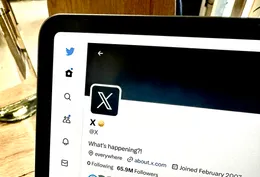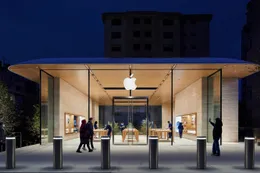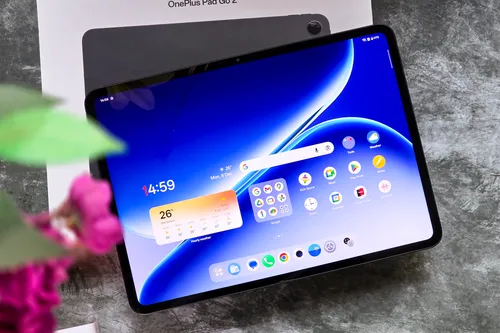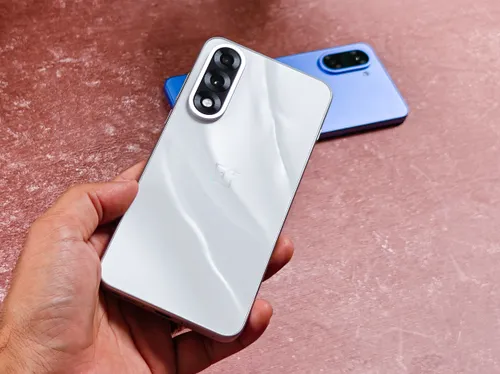
This is the Samsung Galaxy Z Fold 5. It can finally, truly close shut
There is no gap between the two halves of the screen. You still can't afford it!

Twitter is dead. It’s all X now, and it wants to do everything!
Twitter no longer exists as of today. A certain billionaire named Musk has rebranded it to X. And he is changing it from top to bottom over his obsession with the letter X that goes back over two decades in the past.

Twitter wants a fee if you chirp a lot in DMs. Welcome to Elon Musk’s social hell!
If you enjoy some moments of social tranquility in Twitter DMs, you need to pay. Wanna DM strangers? Pay up, dude! Need to scroll your feed endlessly? Yep, you gotta pay. Welcome to the Twitter hell!

AI content will soon get fingerprints to screw over lazy human cheaters
Think of it as DNA fingerprinting for AI content. You won’t see it, but it will be very much present in the code. Yo sneaky AI-exploiting ass will soon be caught!

Apple already has a ChatGPT competitor in testing
Apple has built a chatbot similar to ChatGPT that it is currently evaluating internally but won't release publicly until next year.
Google Search could be smothering your creativity
A Carnegie Mellon University study reveals starting your brainstorming process with Google can be detrimental to the group's creativity.
Teams relying much on search engines often produced inundatingly same, less original ideas due to a cognitive bias called "fixation effect," where seeing popular answers converges our thought process instead of diverging it.

While individuals weren't necessarily dumber with Google, groups of Google users seemed to get stuck in a rut, often coming up with the same common ideas, sometimes even in the same order! Talk about a copy-and-paste creativity crisis.
"This appears to be due to the fact that Google users came up with the same common answers, often in the same order, as they relied on Google, while non-Google users came up with more distinct answers," explained lead author Danny Oppenheimer.
EDITORS' PICKS



